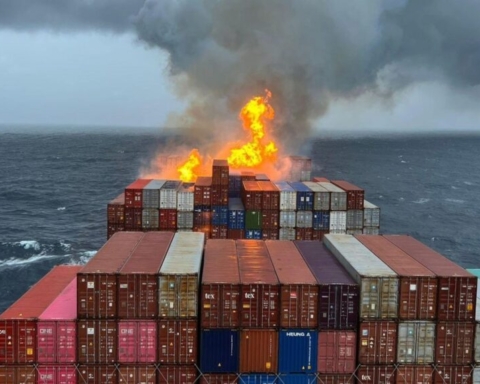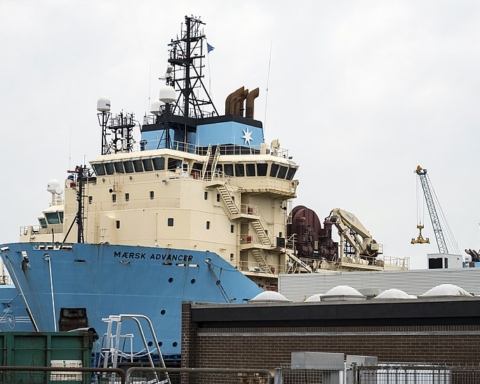The maritime industry is facing a growing humanitarian crisis: crews being left stranded. In 2022, there were 103 cases of vessels being abandoned worldwide, 1682 seafarers left literally at the mercy of the sea, often with no electricity or running water, without any pay or the possibility of returning home.
RightShip, the digital maritime platform designed to promote environmental and social sustainability at sea, reported this, based on the assessment of ESG (environmental, social and governance) criteria.
Such high numbers are the consequence of the pandemic crisis and the conflict in the Ukraine, with cases registered in every country in the world, with the United Arab Emirates, Spain and Turkey at the top of the list.
According to the International Labour Organization regulations, a ship is considered abandoned by its owner if the crew on board has not received their wages for more than two months or their repatriation, so that they can return to their own country, has not been paid for.
Since 2016, the number of cases recorded by Rightship has increased exponentially. Over the last 20 years 9925 seafarers have been abandoned on over 700 merchant ships. Unpaid salaries amount to an astonishing 40 million US dollars over this period of time.
According to the report, most of the abandoned seafarers come from India, with 1,491 seafarers left adrift. The largest number of cases occur on board general cargo ships (31%), followed by bulk carriers (8.2%) and tankers (7.2%).
As RightShip CEO Steen Lund put it: “When abandoned on vessels, seafarers are left alone to fend for themselves while corporations avoid their responsibilities.”
“Operators who have little regard for the welfare and human rights of their crew must not be allowed to continue to operate,” Mr. Lund added. However, he also pointed out how environmental and social issues and the growing political willingness to act are now making ESG issues a crucial part of company operations.
Unlike in the past, when investors were more interested in putting money into companies that were only attractive from an economic point-of-view, nowadays we are witnessing a new generation of socially aware individuals who want to invest in organizations with the same principles and moral values they believe in.
The implementation of ESG compliance regulations is prompting an increasing number of charterers, bankers and financiers to show due diligence when selecting their partners, and cases of abandonment at sea reflect negatively on ship owners and ship managers.
In this respect, RightShip reports how charterers today are increasingly keen to choose vessel owners and managers who have publicly committed to high standards of crew welfare. By 2023, 226 shipowning companies or operators have already joined the Rightship-driven cause by pre-filling out Crew Welfare Self-Assessments. According to Mr. Lund, this is a major step forward even if much remains to be done to finally solve the problem of abandonment at sea.
There are “more than 1,000 ship management companies that have not declared their hand by refraining from completing the Crew Welfare Self-Assessment,” he concluded.
Translation by Giles Foster




